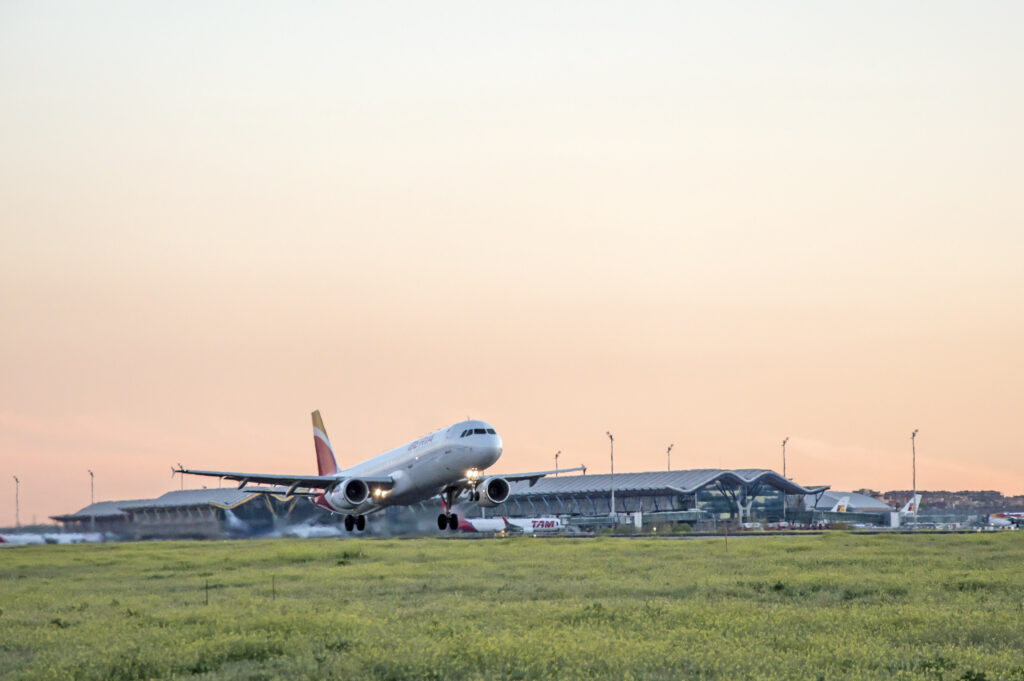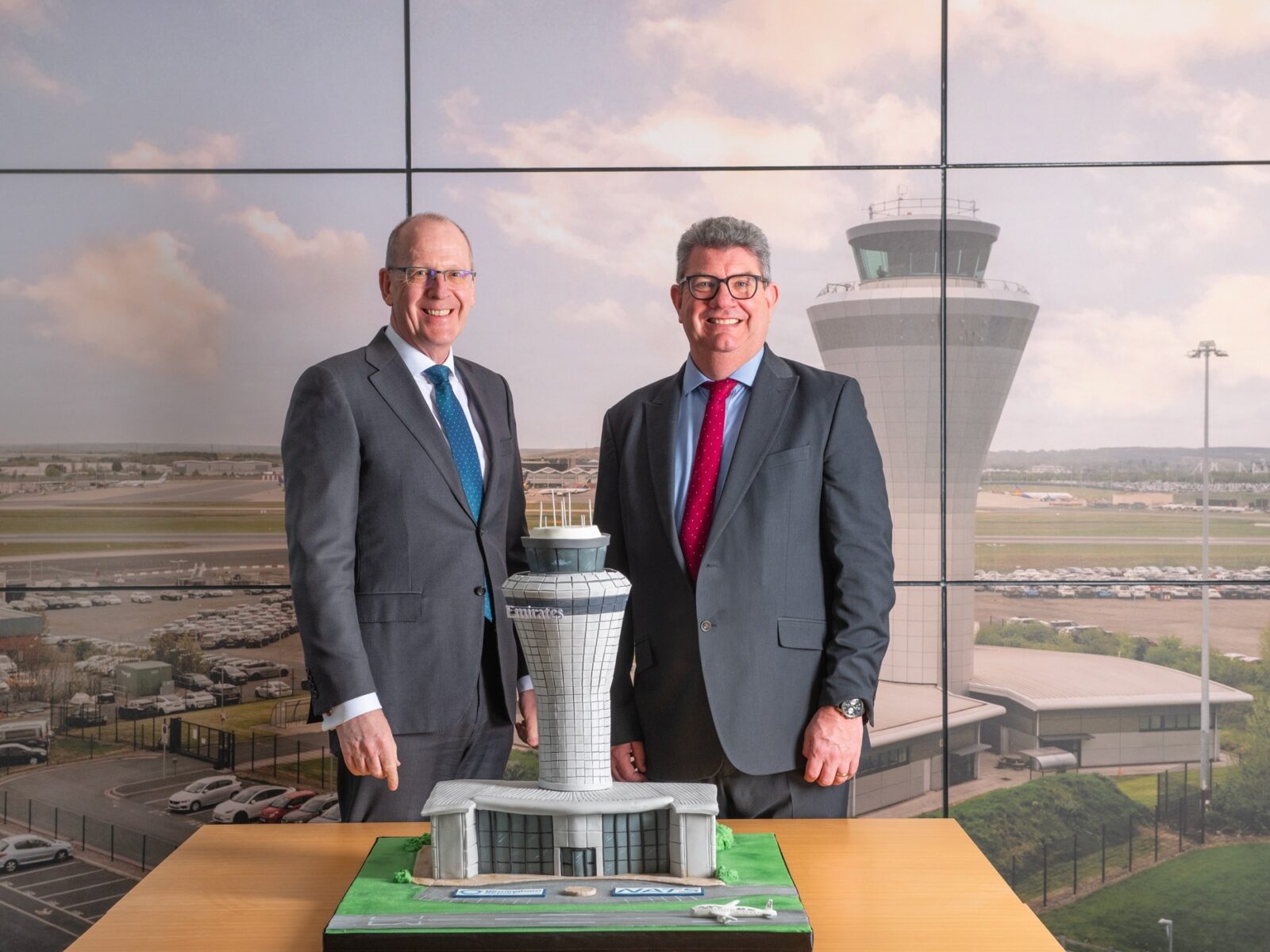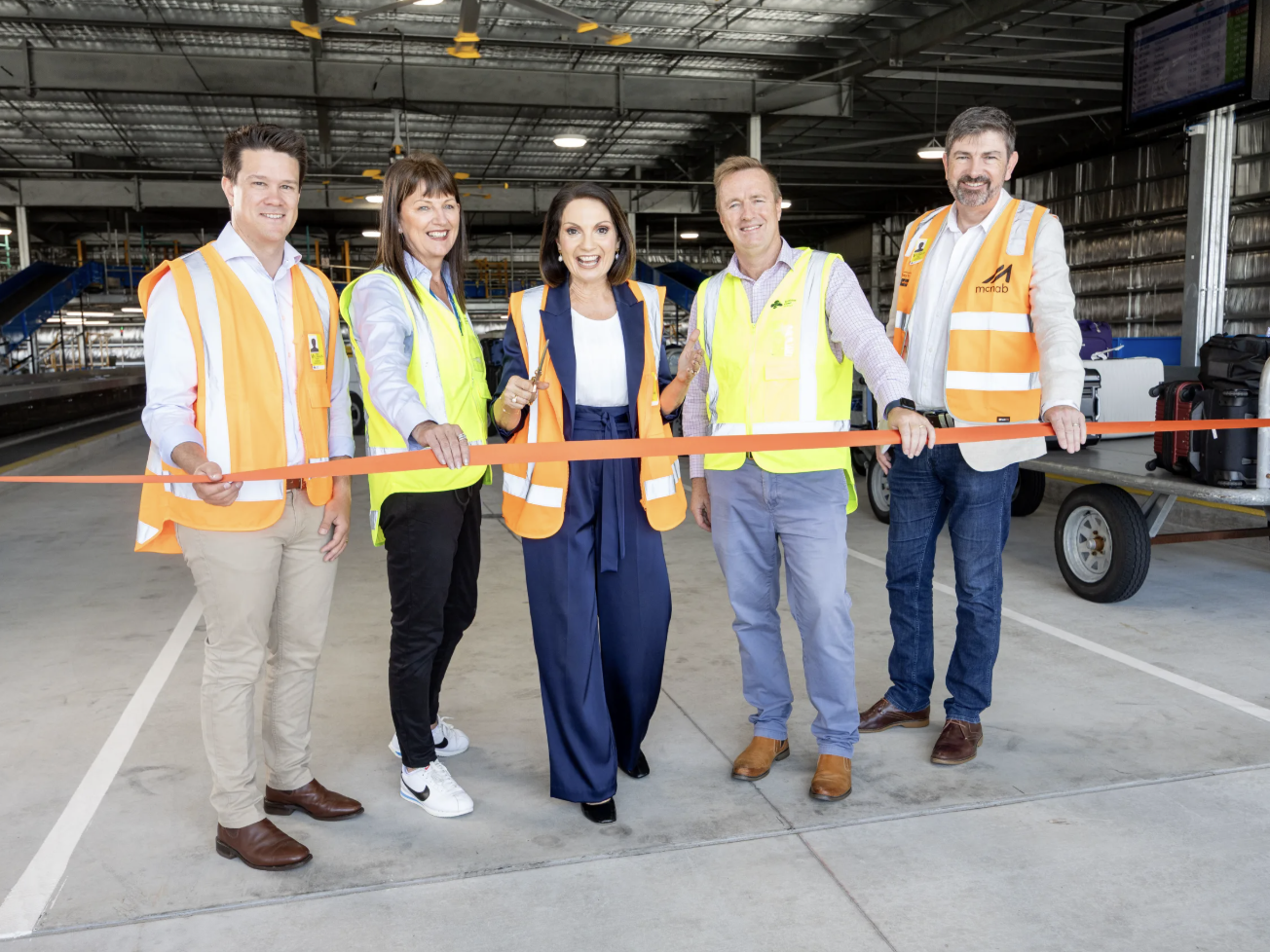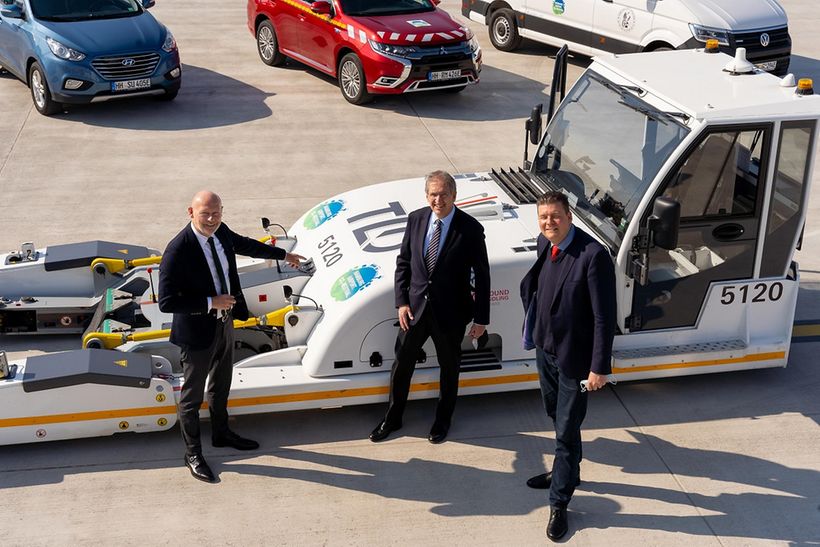As the aviation industry invests in the large-scale use of sustainable aviation fuel (SAF), it remains crucial for airlines to continue decarbonising ground operations to contribute towards sustainable operations.
At the first edition of Global Mobility Call, Luis Gallego, CEO of International Airlines Group (IAG), spoke of the significance of an ‘aviation revolution’ that will enable the future of a sustainable air travel industry.
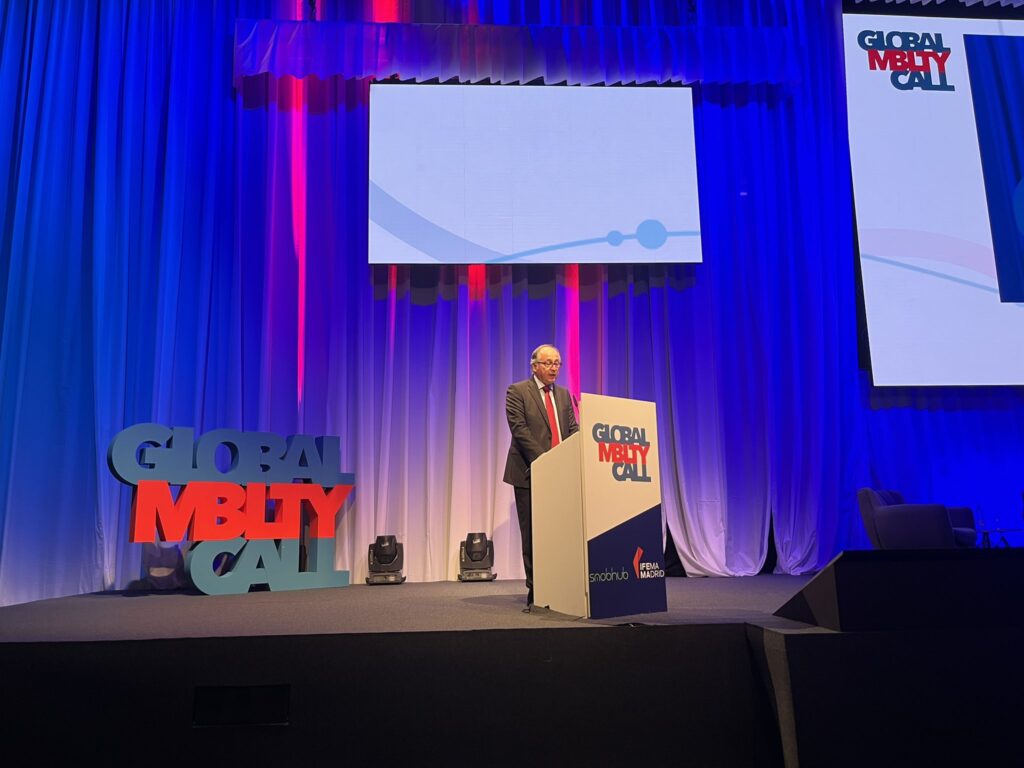
To achieve this goal, the industry is investing in developing SAF using biological matter and waste. This alternative to kerosene provides airlines with a sustainable fuel that does not require technical alterations to be made to existing aircraft. However, SAF is 6 times more expensive than kerosene, and its availability and regulation currently prevent airlines from using a high ratio of SAF to kerosene in their aircraft.
Consequently, while SAF continues to develop, airlines are exploring additional means of decarbonising the industry, such as within their ground operations. Iberia states that European airlines are currently succeeding in reducing their total Co2 emissions by at least 1 percent each year. This progress is achieved through investments in electrifying ground support vehicles, as well as through amended policies and practices. For example, in a round table discussion at Global Mobility Call, Teresa Parejo Navajas, Director of Sustainability at Iberia, stated that altering taxiway operations and ensuring planes only use one engine during transit, has improved aircraft fuel efficiency by 8 percent.
Furthermore, throughout the discussion, Ana Salazar, Head of Sustainability at Aena, spoke of the significance of altering airport infrastructure to expand the use of green energy in airline operations. This included electrical recharging of parked aircraft, as well as the electrification of airport fleets to eradicate the use of fossil fuels. In addition to investing in the necessary charging infrastructure for these initiatives, Aena also said it was constructing a photovoltaic plant at Madrid-Barajas Airport to generate green energy.
These contributions towards a sustainable aviation industry require significant investments from airlines and their partners. Throughout the talk, “Aviation’s big bet for a sustainable future” at Global Mobility Call, the speakers reasoned that the use of kerosene oil in commercial flights should consequently remain tax-exempt, as its use is currently unavoidable. They suggested that such a tax would instead arguably limit airlines’ capabilities to fund the further development of SAF and invest in decarbonising ground operations, which would have a greater long-term environmental benefit.

